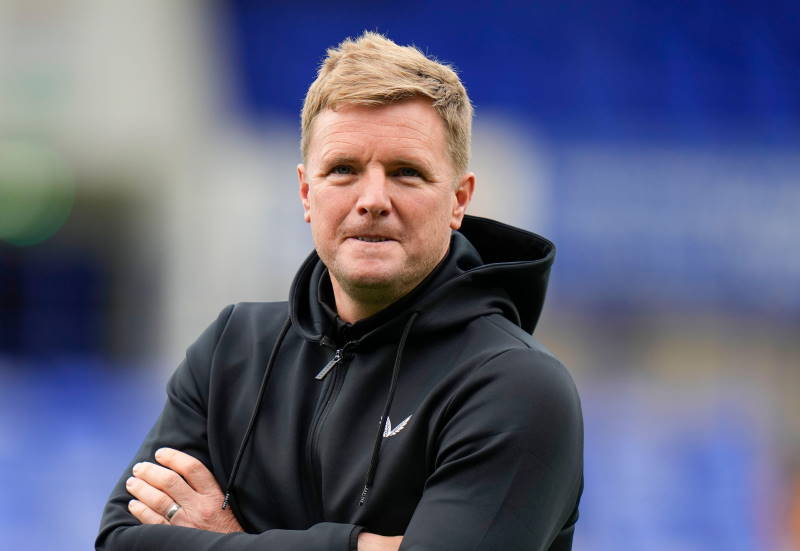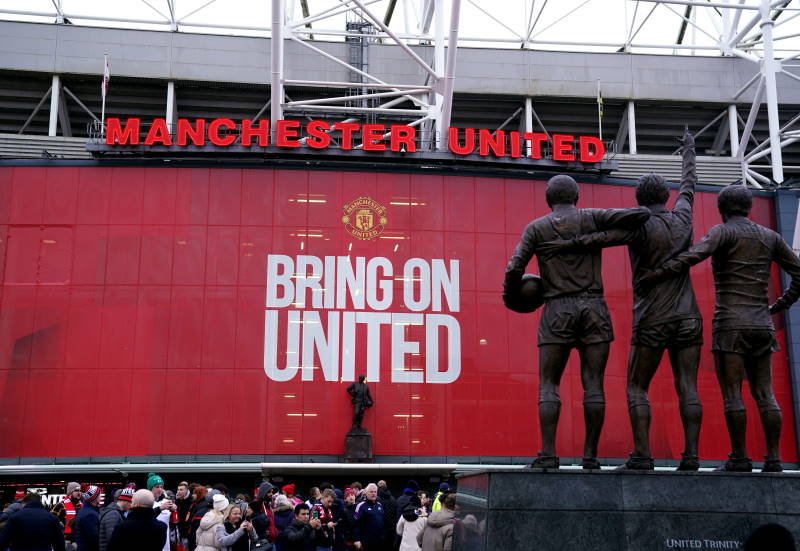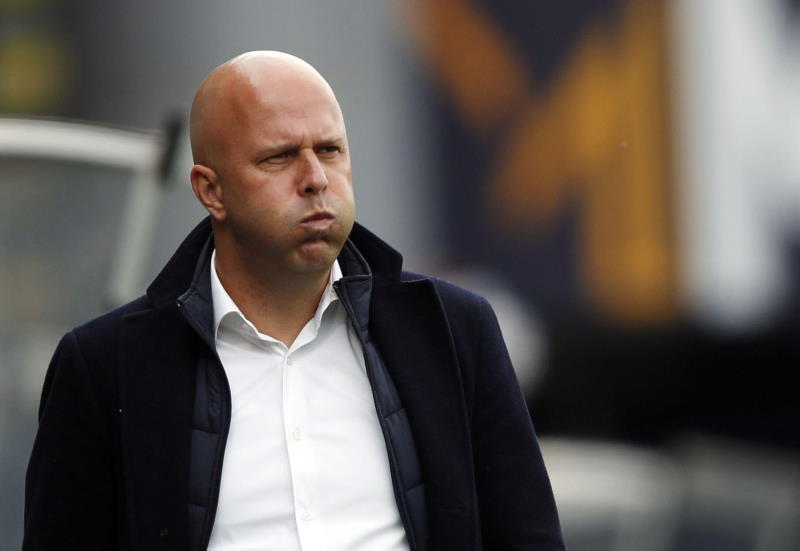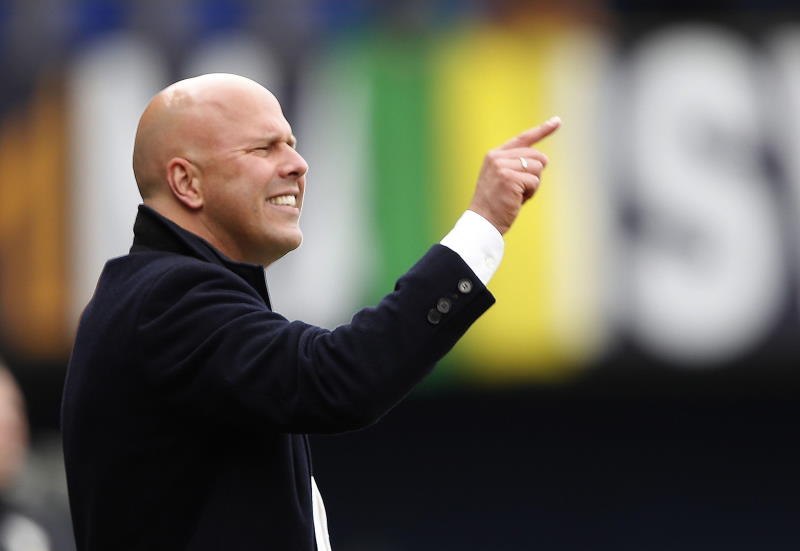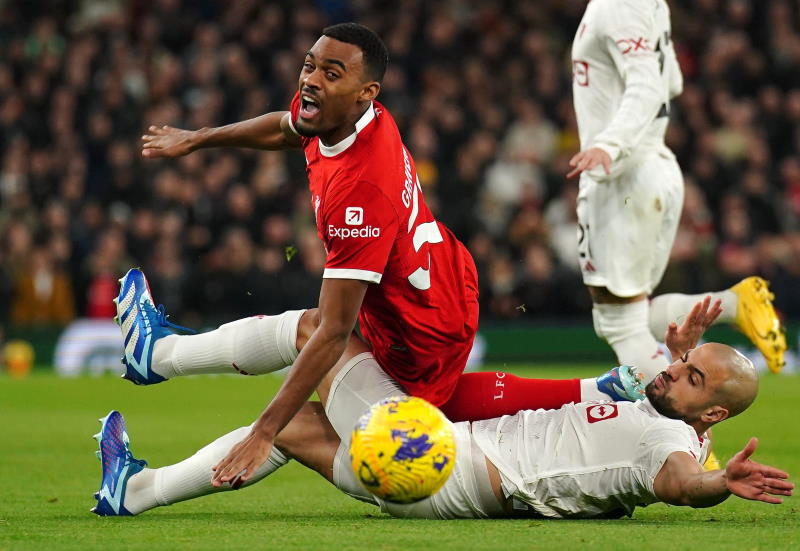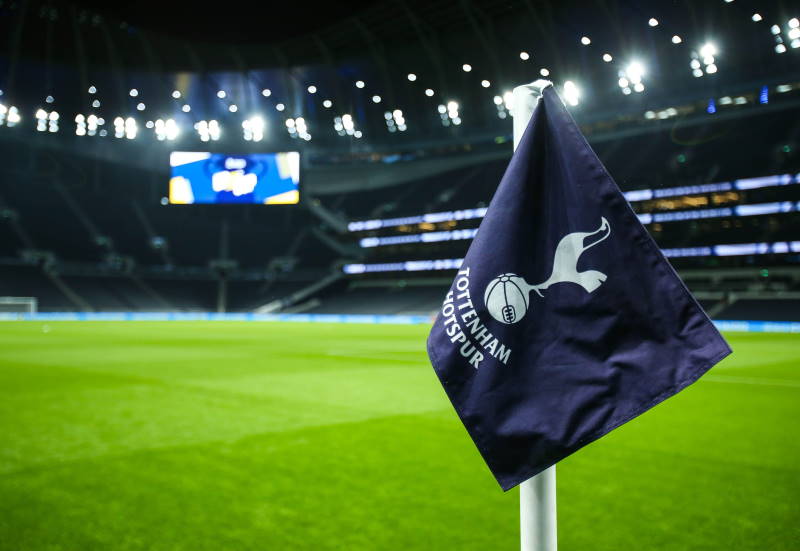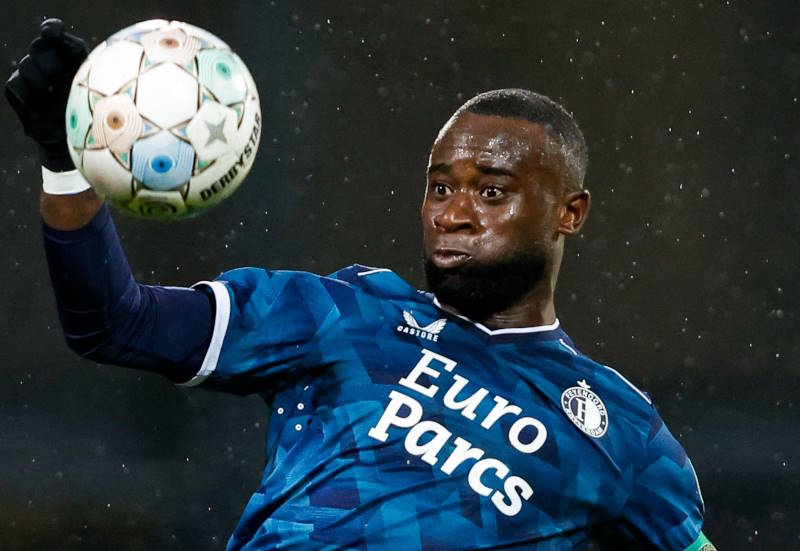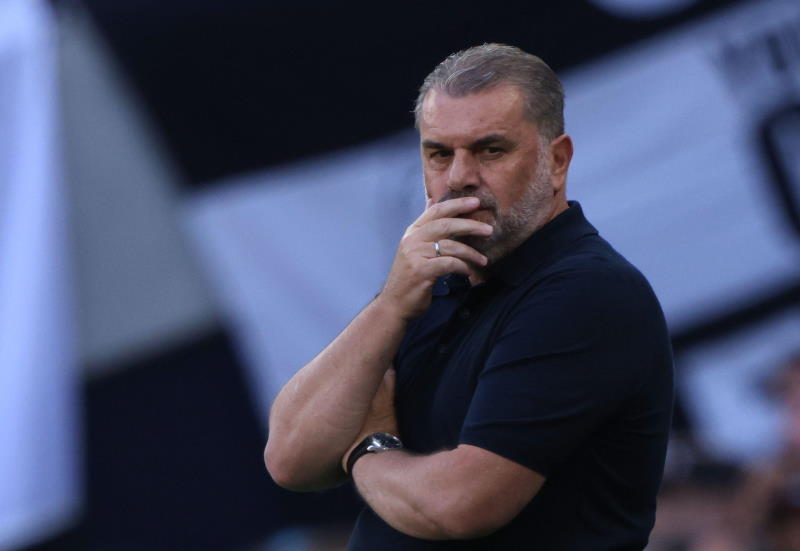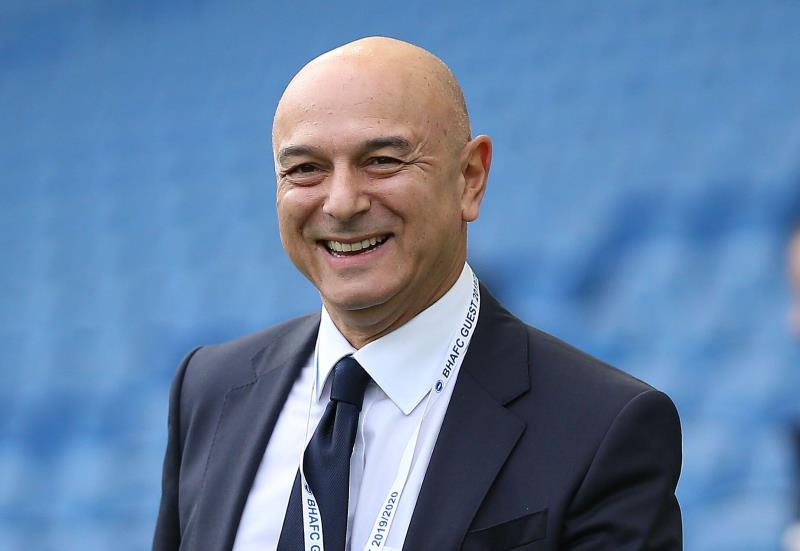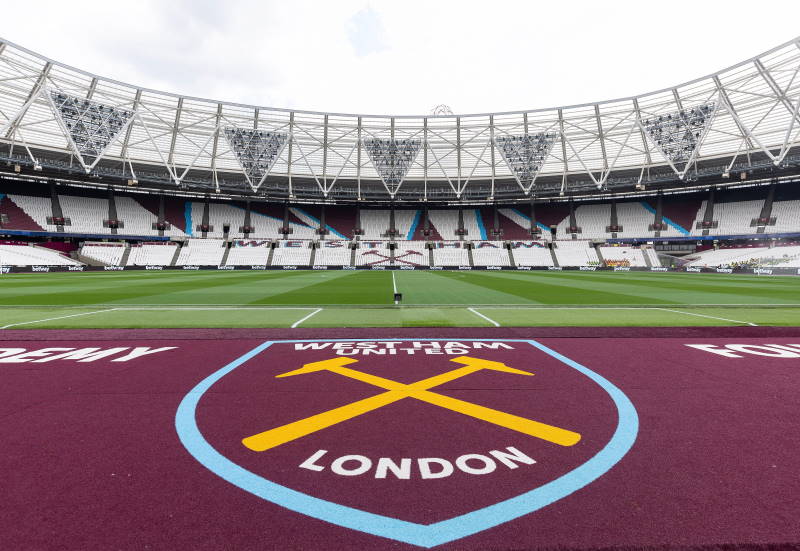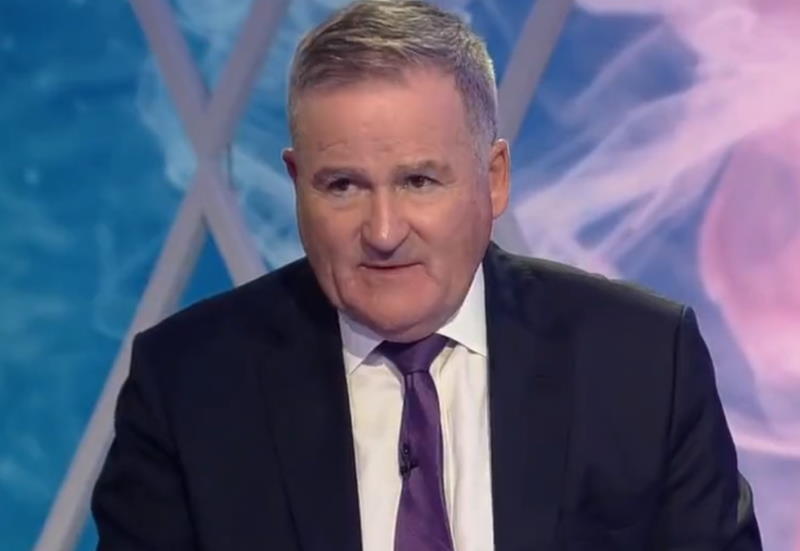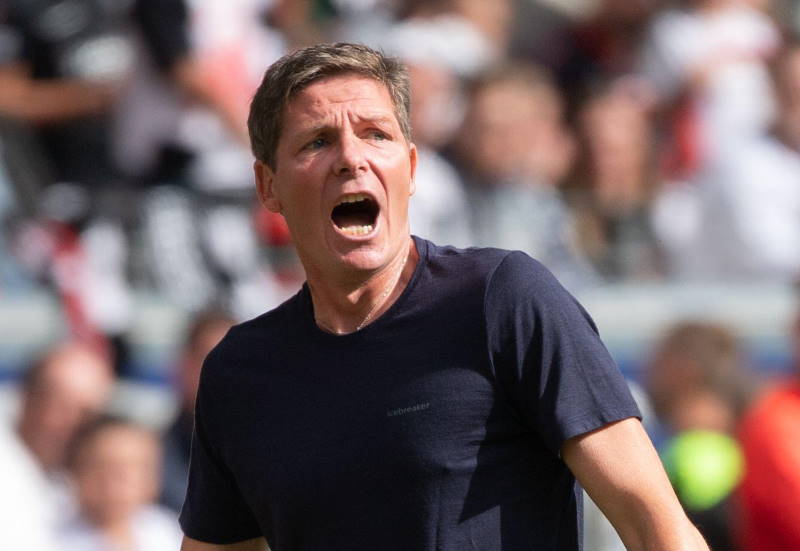
Mark Sochon
For a player to be voted the best in the Brasileirão two years running by Brazil’s passionate footballing public is no mean feat. For an Argentine to receive to this honour was almost unthinkable, but thanks to a couple of hugely impressive seasons, Fluminese’s Dario Conca was crowned the People’s Choice for the Best Player in Brazil for a second successive season in 2010. The midfielder from south of the border inspired the Rio de Janeiro club to the 2010 title with some fabulous performances and is undoubtedly one of the top schemers in South America as the 2011 season gets going.
Conca is an attacking midfield player who possesses outstanding technical ability. He has caught the eye with some spectacular goals throughout his career, but over the last two years has found a supreme level of consistency and proved he has the all-round game to go with the odd moment of magic. Current club boss Muricy Ramalho was already an admirer before pitching up in the Fluminense dugout last season. “Conca makes a difference” Ramalho recently stated. “He has good dribbling skills and is very good at finishing and dead ball situations”.
The 27-year-old is certainly comfortable with ball at his feet and while not lightening quick, he is agile and does possess a turn of pace which enables him to beat opponents. Conca also possesses a great left foot, coupled with the awareness pick a pass which enables him to create chances aplenty for his team-mates. His game has always been, to an extent, limited by his size. At just over 5 foot 5 inches tall the Argentine is obviously lacking a physical presence and this held him back somewhat in his earlier years. Unlike many other players in this mould, Conca has worked hard at improving the physical aspect of his game. In 2010 especially, the midfielder appeared stronger and fitter than ever and contributed more when his side were not in possession. Yet, while the plaudits flow in his direction in Brazil, the Argentine playmaker has never represented his country and continues to be overlooked by coach Sergio Batista, despite some incredible performances since he started playing in Brazil four years ago.
Argentina have never had a shortage of flare players who play “in the hole” behind the main striker. Conca is another of this type and while it would be unfair to compare him or indeed anyone with Lionel Messi, the Fluminense man is not dissimilar in style or ability to Juan Roman Riquelme, a player with over 50 caps for the national side. His continued omission from the squad is not easy to understand and is perhaps down to the fact that the 27-year-old failed to make the grade at River Plate or indeed in Argentine football as a whole. The domestic game in Argentina is traditionally the strongest on the continent and any Argentine who moves to Chile, Uruguay or even Brazil can often be regarded as something of a failure back home.
In recent years however, the picture has been transformed as Brazilian clubs threaten to dominate continental competitions, and more Argentines are moving across the border to play in the Brasileirão. The recent inclusion of Brazilian based players such as Mario Bolatti and Andres D’Alessandro in the Argentina national side should give hope to Conca, who has recently restated his desire to represent La Albilceleste. Batista, when questioned about his decision not to pick Conca or Cruzeiro playmaker Walter Montillo, conceded “they are great players and technically gifted”, but stopped short of suggesting a call-up for either was imminent.
Dario Conca’s talents were apparent at an early age as he came through the youth ranks at his local side, Club Atletico Tigre. A first team debut at the age of just 15 was soon followed by a move to River Plate. After patiently waiting for his chance, the diminutive midfielder finally started to feature for the Buenos Aires giants towards the end of the 2003/04 Apertura. He seemingly had a bright future at the club, but a mid-season managerial change saw Leonardo Astrada appointed and he immediately loaned Conca out to Chilean side Universidad Catolica. At the time it appeared a short-term move to give the young midfielder a chance to play more regular first team football, but despite officially remaining a River player for the following five years, Conca would never play for the club again.
A two-year spell in Chile was crucial in the development of a player who, despite starting out at such a tender age, had gained very little competitive experience through his teenage years. Conca forged a reputation as a goalscoring left sided midfielder with Catolica for whom he won a championship in 2005. He then returned to Argentina where there was an expectation that the youngster would launch a successful career in the top flight. However, a short spell at Rosario Central was followed by another surprising twist in an unorthodox career path – Brazilian club Vasco da Gama swooped in to snap up Conca on loan for the 2007 season.
At a time when fewer Argentines played in Brazil, the former River Plate youth teamer came with something of a point to prove and to an extent a crowd to win over given the rivalry between the two countries. Conca wasted little time in setting about the task and was a regular in an attacking Vasco da Gama side. He netted six times and in the process outshone many of Brazil’s bright young stars, receiving what would become regular plaudits for his level of performance. Clearly enjoying life in Rio, the Argentine opted to cross the city and play for Fluminese during the 2008 season.
Despite a disappointing domestic campaign, it was at this point that Conca really announced his arrival as one of the top players on the continent.‘Flu’ went on an incredible run to the final of the Copa Libertadores, knocking out Brazilian champions Sao Paulo and holders Boca Juniors along the way. The creative midfielder was an instrumental force in the side, creating goals for the likes of Washington and Thiago Neves. Conca got on the scoresheet himself in the first leg of the final against LDU Quito, but suffered heartbreak in the return clash at the Maracana, missing his penalty in the shootout as the Libertadores crown headed to Ecuador.
While the 2008 season was ultimately lacking in silverware, it did end with Conca finally severing all ties with River Plate by signing a three-year deal with Fluminese. Since signing a permanent contract the talented playmaker has not looked back and has achieved a level of consistency lacking at earlier points in his career. Conca, maybe still conscious of his status as a foreigner in Brazil, remains modest, playing down his outstanding performances whenever asked and this has no doubt helped him become a popular figure with fans right across the country.
Steady progress has been very much the theme of Dario Conca’s career. In almost every season since he was handed his chance in Chile the midfielder has improved and matured as a player. 2010 was his best yet and the Argentine played a crucial role in a remarkable transformation for a Fluminense team now under the stewardship of former Sao Paulo boss Muricy Ramalho. The team, who had looked relegation certainties for most of the previous campaign, had an outstanding season edging ahead of Cruzeiro and Corinthians to clinch only the third championship in the club’s history. With nine goals and 18 assists Conca was by a distance the best player in Brazil and arguably all South America.
There is no reason why this season should not be another strong one for both Conca and the club he recently signed a five-year contract extension with. Fluminese started again in free-scoring form, winning their first five matches of the new season in the Rio de Janeiro state championship. Injury problems have contributed to a slow start in the Copa Libertadores, but with the likes of former Lyon striker Fred, ex-Portuguese international Deco and of course Conca himself, the Rio giants should be serious contenders on all fronts this year.
At 27 years old and coming off the back of the season of his life, progress for Conca surely only means one thing: The chance to wear the blue and white stripes of Argentina. Such an honour would mean the world to a player who has long since left his home province of Buenos Aires behind. While it would be a late start to international football, Conca is still young enough and certainly has the ability to play at the highest level. The Argentine national side has a desperate record in Brazil and are hardly the most welcome of visitors. Given this, Conca, a man who is both respected and clearly enjoys playing in the country, could just be Argentina’s secret weapon when the World Cup comes to Brazil in 2014.

